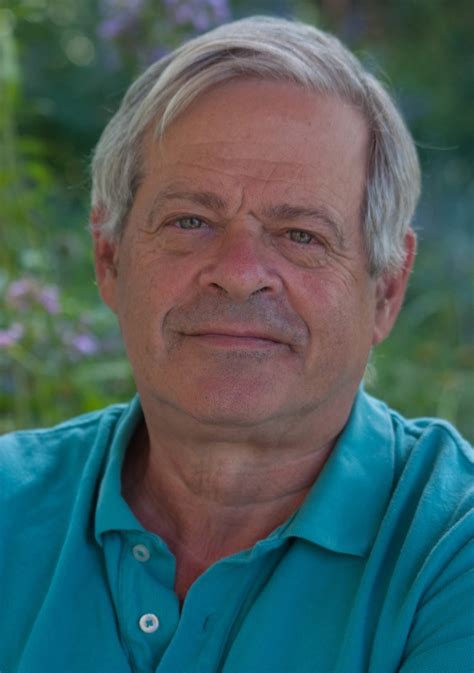A Quote by Leo Tolstoy
True science investigates and brings to human perception such truths and such knowledge as the people of a given time and society consider most important. Art transmits these truths from the region of perception to the region of emotion.
Related Quotes
In law, as in every other branch of knowledge, the truths given by induction tend to form the premises for new deductions. The lawyers and the judges of successive generations do not repeat for themselves the process of verification any more than most of us repeat the demonstrations of the truths of astronomy or physics.
It is well, when the wise and the learned discover new truths; but how much better to diffuse the truths already discovered, amongst the multitude! Every addition to true knowledge is an addition to human power; and while a philosopher is discovering one new truth, millions may be propagated amongst the people. Diffusion, then, rather than discovery, is the duty of our government.
There are different kinds of truths for different kinds of people. There are truths appropriate for children; truths that are appropriate for students; truths that are appropriate for educated adults; and truths that are appropriate for highly educated adults, and the notion that there should be one set of truths available to everyone is a modern democratic fallacy. It doesn't work.
Paradigms power perception and perceptions power emotions. Most emotions are responses to perception - what you think is true about a given situation. If your perception is false, then your emotional response to it will be false too. So check your perceptions, and beyond that check the truthfulness of your paradigms - what you believe. Just because you believe something firmly doesn't make it true. Be willing to reexamine what you believe.
Perception without the word, which is without thought, is one of the strangest phenomena. Then the perception is much more acute, not only with the brain, but also with all the senses. Such perception is not the fragmentary perception of the intellect nor the affair of the emotions. It can be called a total perception, and it is part of meditation.





































